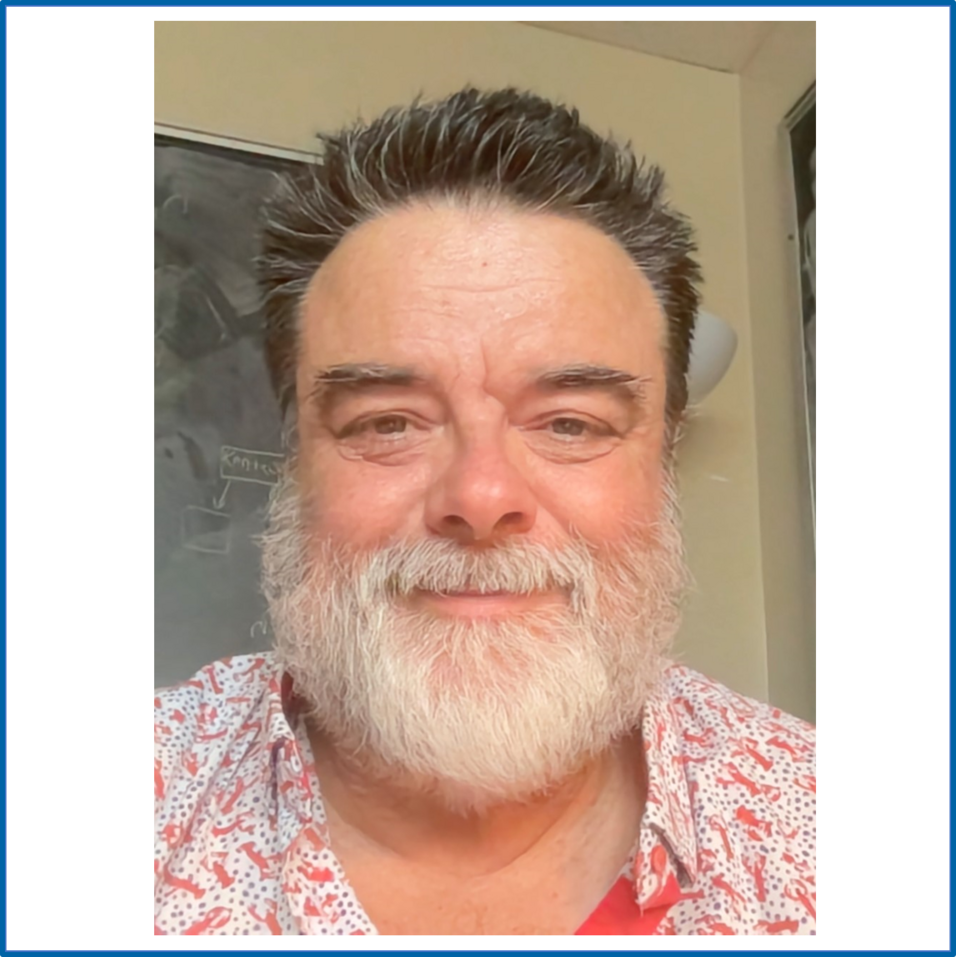Speaker: Prof. Claude Crepeau, McGill University
When: Thursday, 12.10.2023
11:30
Where: Ernst Mach Lecture Hall
2nd floor
Boltzmanngasse 5
Abstract
Protecting secrets is a key challenge in our contemporary information-based era. In common situations, however, revealing secrets appears unavoidable, for instance, when identifying oneself in a bank to retrieve money. In turn, this may have highly undesirable consequences in the unlikely, yet not unrealistic, case where the bank’s security gets compromised. This naturally raises the question of whether disclosing secrets is fundamentally necessary for identifying oneself, or more generally for proving a statement to be correct. Developments in computer science provide an elegant solution via the concept of zero-knowledge proofs: a prover can convince a verifier of the validity of a certain statement without facilitating the elaboration of a proof at all. In this work, we report the experimental realisation of such a zero-knowledge protocol involving two separated verifier-prover pairs. Security is enforced via the physical principle of special relativity, and no computational assumption (such as the existence of one-way functions) is required. Our implementation exclusively relies on off-the-shelf equipment and works at both short (60m) and long distances (>400m) in about one second. This demonstrates the practical potential of multi-prover zero-knowledge protocols, promising for identification tasks.
- Joint work with Pouriya Alikhani, Nicolas Brunner, Sébastien Designolle, Raphaël Houlmann, Weixu Shi, Nan Yang, and Hugo Zbinden in Nature, https://www.nature.com/articles/s41586-021-03998-y
Biography
Claude Crépeau received a Ph.D. from MIT in 1990. He later was a postdoc at the Université Paris-Sud and has been a CNRS researcher at the École Normale Supérieure, Paris, from 1991 to 2005. He has been an Associate Professor at the Université de Montréal from 1995 to 1998 and is an Associate Professor at McGill University since 1998.
He has served from 1991 to 1995 as an Associate Editor of the Journal of Cryptology. He later served as the Associate Editor for Complexity and Cryptography of the IEEE Transactions on Information Theory from 1995 to 1997. In 2013, he was elected a Fellow of the International Association for Cryptologic Research. In 2023, he received the E.H. Dijkstra prize for Distributed Computing.
Claude has worked extensively at the design of cryptographic protocols, including Zero-knowledge protocols, and Multiparty Computations. His major contribution has been to offer alternative assumptions under which such protocols may be implemented using noisy channels and quantum channels. In 1993, together with five international colleagues, he published a paper introducing the new concept of "quantum teleportation". The future the "quantum internet" is going to be based on quantum teleportation.
His latest research has led to a practical implementation of zero-knowledge proofs where soundness is guaranteed by Special Relativity.

